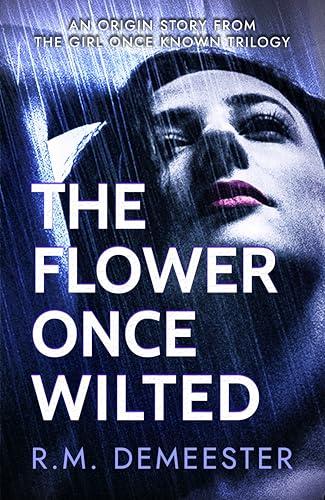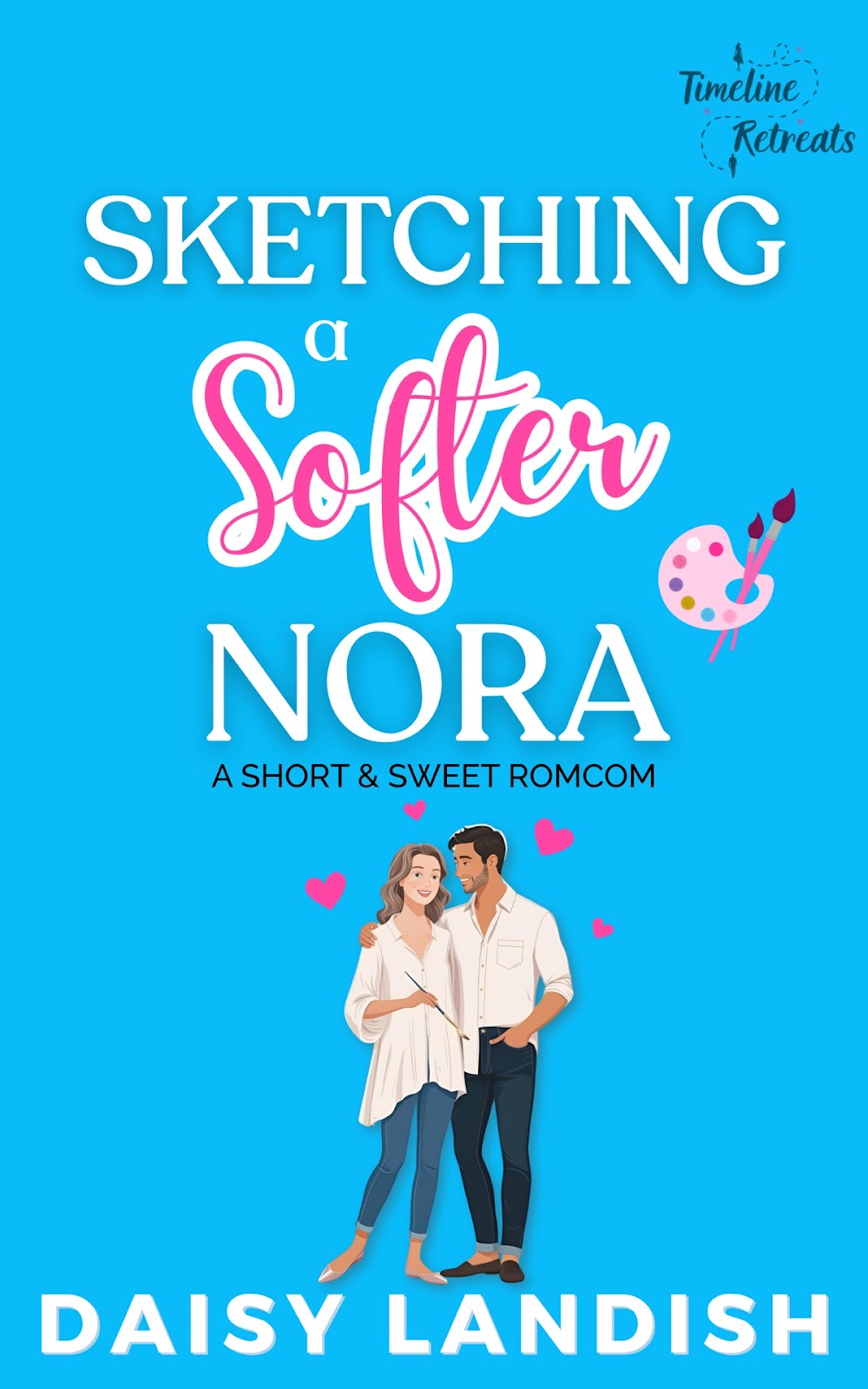CROSSING
DAY
William
A. Glass
Published:
May 15, 2024
Publisher:
William A. Glass, Author LLC
GENRE:
Historical Thrillers, Historical Mystery, Thriller, Suspense,
Fiction, Historical Fiction
BLURB:
It's
been one hundred and sixty years since the Confederacy won its
independence at the Battle of Altamaha Crossing. Slaves of African
descent still perform most of the work in the South. This seems
normal to Ryan Walters and his friends who attend high school in
Huntsville, Alabama. Like teens everywhere, they enjoy sharing
videos, playing sports, and hanging out with friends.
Jaybird's
drive-in is their favorite gathering place. There, they befriend
Mish, a slave girl who works as a car hop. When the drive-in’s
owner sells Mish to a dirty old man, Ryan and his friends awaken to
the injustice around them. Despite the danger, they decide to help
Mish escape. Will they succeed?
An
early reader said Crossing
Day
"is like a combination of Huckleberry
Finn, Moby Dick,
and The
Hunger Games."
Another reader called it, "an action-packed thriller."
Goodreads
~ Amazon
~ BookBub
My
Review:
CROSSING DAY by William A. Glass was an interesting read that will leave you with lots to consider. CROSSING DAY is one of those stories that will stay with you for a long time if not forever. CROSSING DAY is an alternative history of our past.
CROSSING DAY is set in a present-day with cell phones and internet and slavery is still a thing. It is also a story about if Germany had taken over the world.
CROSSING DAY is about Mish, a slave girl who was sold to an evil man. Ryan and his friends never gave much thought about having slaves and how wrong it was until a Mish was sold. Ryan and his friends set out to find a way to find Mish and help her escape. Can they find a way to help their friend escape before it is too late?
CROSSING DAY will have you hanging on page after page, rooting for every character hoping they make it. CROSSING DAY is a scary story in more ways than one.
I recommend CROSSING DAY to all fans of historical thrillers. Grab a copy of CROSSING DAY now!
Interview with William A. Glass
Have you read anything that made you think differently about fiction?
Hi Nancy! Thanks so much for having me here at The Avid Reader. In answer to your question, I have always been drawn to non-fiction probably because growing up in an Army family and living in different parts of the world stimulated my interest in history and biography. We visited Paris when I was twelve years old, for example, and I saw Napoleon’s tomb. Subsequently, I read everything I could about him. Later, in a high school American literature class, we were assigned to read Ethan Frome by Edith Wharton. That was the first novel that made me think. I quickly became immersed in the story. I pondered the meaning behind every scene, put myself in the shoes of each character, and thought about what I might do in a similar situation. This novel opened my eyes to the power of fiction, and since then, I have been happy to add the occasional novel to my TBR list.
How do you select the names of your characters?
To choose the names of my main characters, I picture them in my mind, taking note of their appearance, personality, and role. Usually, the name pops into my head at that point. For minor characters, if a suitable name doesn’t come at once, then I’ll rack my brain for names of current acquaintances, folks I’ve known in the past, historical figures, people in the news, or even just ask Google for a list of popular names. After the first draft is done, an important editing chore is to make sure I didn’t use the same name for two different characters!
Do you hide any secrets in your books that only a few people will find?
This is a great question! The answer is yes; there are secrets hidden in my books that few people figure out. This is not done to be mysterious but to maintain the narrative flow. Overexplaining would disrupt the tempo and create a jagged reading experience. It would also spoil the fun for imaginative readers who like to figure things out independently. I often read a good book twice because the first time, I’m just ripping through it, desperate to see what happens next and know that I’m missing the subtext. The next read-through is done more leisurely so I can pick up on the clues about the character’s back stories, their motivation, and the novel’s secondary themes.
Do you want each book to stand on its own, or are you trying to build a body of work with connections between each book?
The first two novels I wrote (As Good As Can Be, and Off Broadway) were autobiographical fiction and featured many of the same characters. They are stand-alone novels, but they are connected. My new book, Crossing Day, is not autobiographical and has no connection to the other two. However, a suggestion I heard recently bears on your question. The advice came from another author who said, “If you want to promote your current books, write a better book!” This advice aligns with my thinking, which is that to draw attention to my previous novels, it would help to have a bestseller now. In that way, all my books are connected because they all have the same author name.
What were your goals and intentions in this book, and how well do you feel you achieved them?
My primary goal with every book is to provide a great reading experience. But that hasn’t always been true. I began writing my first book, As Good As Can Be, to bury my past. I had many issues and eagerly began hacking away at my computer keyboard. But the further I got, the more dissatisfied I became. Reading what I had written was boring. So, I threw out the first draft and started over. It wasn’t until several years later and after more failed attempts that I stumbled upon the right approach. I forgot all about the demons I started out wanting to bury and instead focused on using the crazy experiences I had growing up to craft a wildly entertaining novel. Funny thing is that I did get closure out of writing As Good As Can Be. Also, discerning readers pick up on the main themes I wanted to get at. The lesson I learned is that job one is to entertain. My new novel, Crossing Day, is being described as a “gripping thriller.” So far, the ratings/reviews are great. So, it seems that the primary goal with the new book has been accomplished. The frosting on the cake is that, at the same time, I believe that the anti-racism message of the book comes across unmistakably.
What inspired you to write Crossing Day?
Several issues motivated me to write my new novel. I grew up in a southern family. Early on, I was taught about the glorious cause of the Confederacy in the Civil War. The role that slavery played in causing the conflict was downplayed. I learned that the Yankees started it for no good reason. Being an avid reader, primarily of historical non-fiction, soon caused me to doubt the myth of the “glorious cause.” For years, I’ve thought about writing a book that would debunk the nonsense that Southerners are taught about their history. However, every approach that came to me was either too boring or too like another author’s work. In the meantime, current events kept reminding me of the issue. Recently, a major presidential candidate from South Carolina couldn’t admit that slavery was the cause of the Civil War. A Florida politician repeated the myth that slavery was somehow beneficial to the enslaved. One day, out of the blue, the idea for Crossing Day came to me. I sat at my keyboard and began typing and the story just took off. I’m thrilled with how it turned out. The novel is both entertaining and thought-provoking.

Author
Bio
William
A. Glass
Bill
Glass is a retired business executive, now coaching soccer at a small
college in rural South Carolina. He began writing to pass the time on
road trips.
Bill
is married to Bettina Linden, a retired high school German teacher.
They have three grown sons who have all moved away to pursue careers.
Now, several rescued dogs and cats keep them company.
Connect
with William A. Glass
Goodreads
~ Amazon ~ BookBub
Website
~ Facebook
~ Instagram
~ Twitter
~ LinkedIn










%20by%20Willow%20Thorne.jpg)


































1 comments:
Nancy, thanks for your review!
Post a Comment